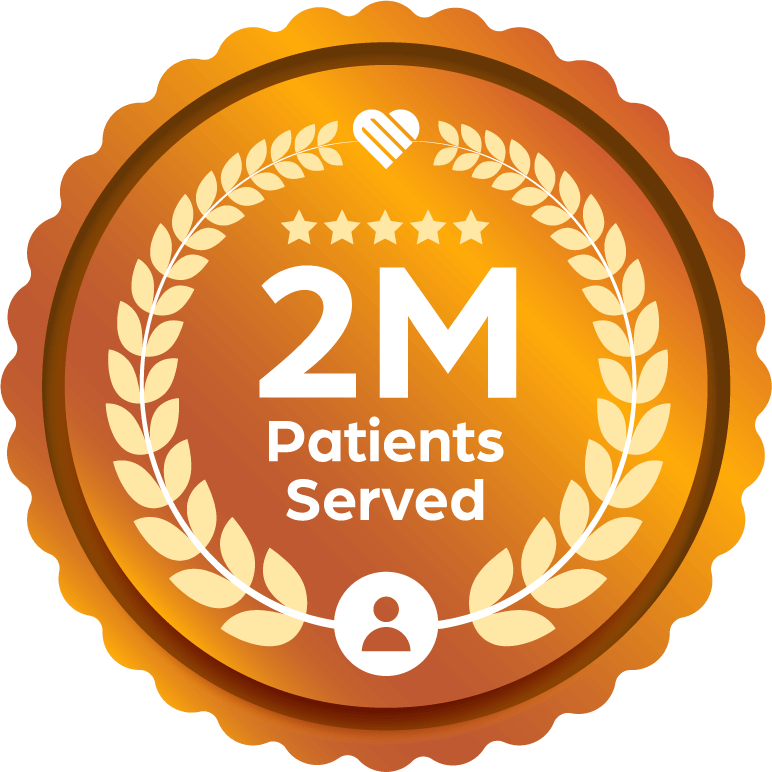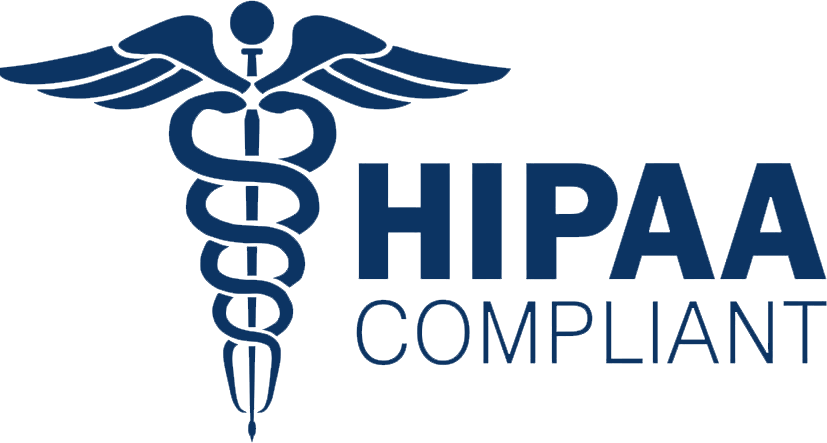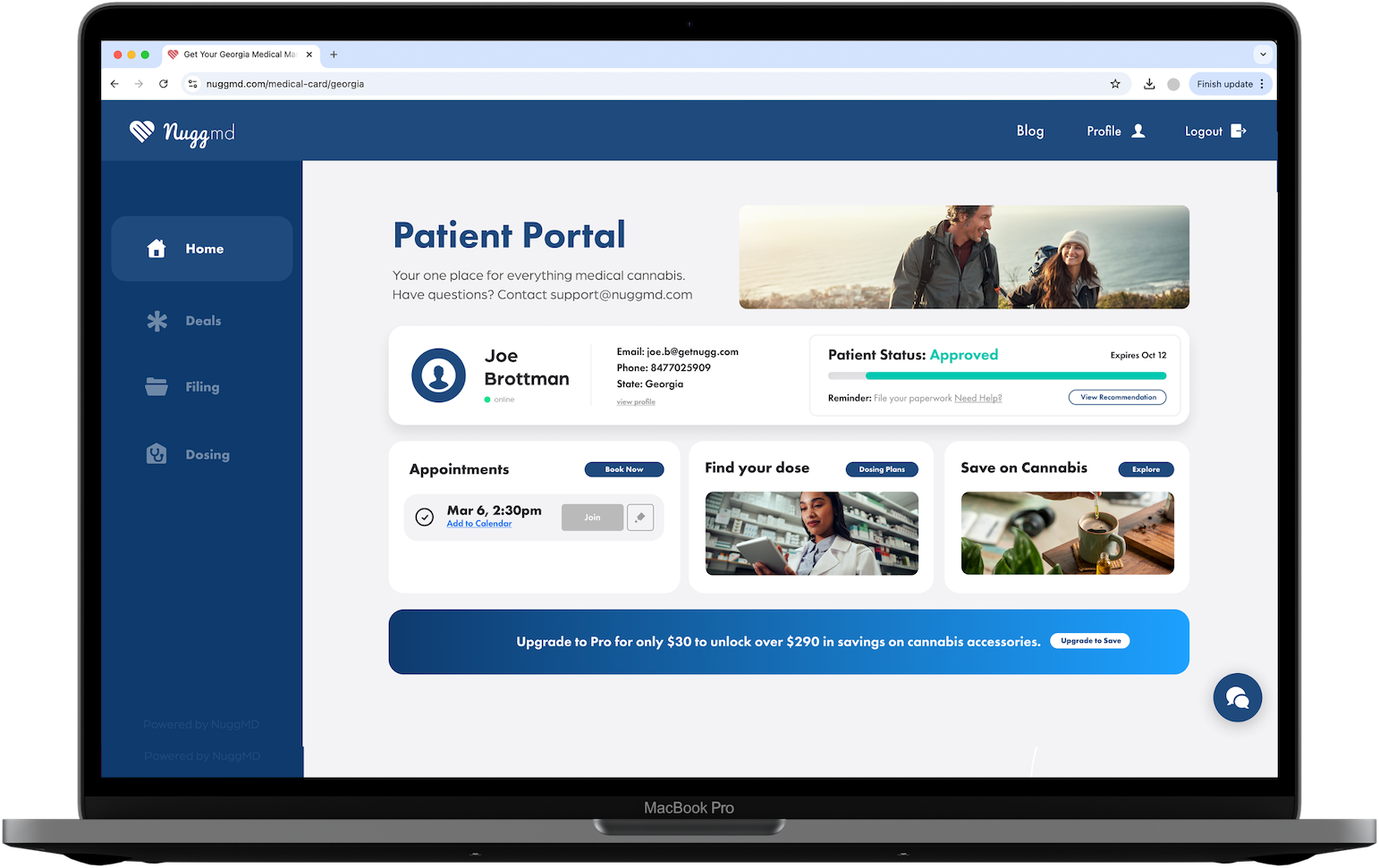
4.7 out of 12k+ reviews


Get your Arkansas medical marijuana card online in minutes.
Join our waitlist and receive a discount once NuggMD is available in Arkansas!

Mike from CA
Approved for Chronic Pain
As seen on
How to Get a Medical Marijuana Card in Arkansas
Print an Application
Print out your application and the Physician Written Certification Forms on the state’s website.
See Your Doctor
You’ll need to see a licensed physician and be diagnosed with a qualifying medical condition to be eligible for a medical marijuana card in Arkansas. If you are approved for medical cannabis treatment, have your doctor fill out the Physician Written Certification form.
Get Your Arkansas Med Card
You can submit your state application through mail or the Arkansas online portal. If approved, your Arkansas medical marijuana card will arrive by mail in about 14 business days. Your Arkansas medical card and recommendation are valid for 1 year.

Get answers from one of our top doctors.
Making the right decision for your health starts with being informed. Get the answers you’re looking for from Dr. Niazi, or chat with our live support team if you want more answers.



What are Arkansas’ qualifying conditions?
Each state has their own set of “qualifying conditions” and most don’t need medical proof that you have it.
- Alzheimer’s disease
- Amyotrophic lateral sclerosis
- Cancer
- Cachexia or wasting syndrome
- Crohn’s disease
- Fibromyalgia
- Glaucoma
- Hepatitis C
- HIV/AIDS
- Intractable pain which is pain that has not responded to ordinary medications, treatment, or surgical measures for more than six (6) months
- Peripheral neuropathy
- Post-traumatic stress disorder
- Seizures including without limitation those characteristic of epilepsy
- Severe arthritis
- Severe nausea
- Severe and persistent muscle spasms including without limitation those characteristic of multiple sclerosis
- Tourette’s syndrome
- Ulcerative colitis
- And any other medical condition or its treatment approved by the Arkansas Department of Health.
Meet your Arkansas med card perks.
Your Arkansas med card unlocks access to legal medical cannabis, legal protections, and guidance + support filing in your state.


Access safe, tested medicine
Purchasing legal, medical cannabis from a dispensary ensures you use safe, tested products.

Increased protections for patients
Med patients receive legal protections that aren’t available to consumers without a med card.

Purchase and possess cannabis legally
Until adult-use sales begin, you must have a med card to legally purchase or possess cannabis in the state.

Proper medical guidance
Get support from a qualified practitioner who can answer your healthcare and cannabis questions.

Potential reciprocity
Some states recognize out-of-state medical cannabis cards. Check your destination state before you travel for more details.
What to expect after you’re approved.




You’ll have full access to our patient portal, where you can view your rec, get state filing support, explore deals, dosing plans, and more. At NuggMD, you’re getting more than a med card.


Why we’re the #1 provider in the nation.
Other Providers |
Offices |
||
|---|---|---|---|
Same day physician access |

|

|

|
Pay only if approved |

|

|
|
No appointment needed |

|
||
50+ in network docs |

|
||
100% online |

|
||
7-day live support |

|
||
State filing guidance |

|

We’re on a mission to help you find relief through cannabis.
At NuggMD, our mission is to free people from their ailments with a personalized path to cannabis relief. We’re proud to be the leading medical card provider, and are continuing to pioneer new, patient-focused paths to relief.
Frequently asked. Frequently answered.
Arkansas only permits residents of the state with qualifying medical conditions to be eligible for medical marijuana cards.
- Alzheimer’s disease
- Amyotrophic lateral sclerosis
- Cancer
- Cachexia or wasting syndrome
- Crohn’s disease
- Fibromyalgia
- Glaucoma
- Hepatitis C
- HIV/AIDS
- Intractable pain which is pain that has not responded to ordinary medications, treatment, or surgical measures for more than six (6) months
- Peripheral neuropathy
- Post-traumatic stress disorder
- Seizures including without limitation those characteristic of epilepsy
- Severe arthritis
- Severe nausea
- Severe and persistent muscle spasms including without limitation those characteristic of multiple sclerosis
- Tourette’s syndrome
- Ulcerative colitis
And any other medical condition or its treatment approved by the Arkansas Department of Health.
Petitions to acknowledge a medical condition, not the current list of those eligible for medical marijuana treatment, are available by the state.
For now, having a medical marijuana card is the only way to access legal cannabis in Arkansas.
The cost of your doctor visits is dependent on your health care coverage. An application costs $50 to submit.
No. Cannabis remains illegal on a federal level. Health insurance companies do not offer coverage for medical marijuana treatment.
NuggMD does not currently offer its services in Arkansas. Once you have obtained and submitted all the necessary paperwork and payments to the states, you should receive notice of your status within 14 business days. Your physical card will arrive by mail shortly after.
With NuggMD, if you’re not approved get your money back, automatically. We believe everyone deserves access to a qualified medical cannabis doctor, and the cost of an evaluation shouldn’t be a barrier.
If you’re not approved for your medical marijuana certification, your evaluation is free.
If you sign up and pay for your evaluation, but then cancel before your evaluation, there is a small $10 fee for the payment processing.
Once you’ve been approved and issued your certification, a refund for services will no longer be available. Please send an email to support@nuggmd.com with the subject line “Refund Request” and a brief description of your issue.
We want to make sure you’re 100% satisfied with your purchase being that you, the customer, are the most important thing to us! Once a refund has been initiated, please allow 3-5 business days for the funds to transfer back to the card you used for the transaction. A refund is no longer available more than 30 days after the date of your evaluation. If any issues arise, please feel free to reach back out for further assistance.
NuggMD does not currently offer services in Arkansas. The state allows you to see a licensed doctor of your choice for your initial or renewal recommendation.
This depends on the state to which you’re traveling. Each state has different rules regarding reciprocity, and some don’t allow it at all. Check with your destination state to learn more.
If you don’t have an Arkansas state ID, you can use another government-issued form of identification and proof of state residency.










